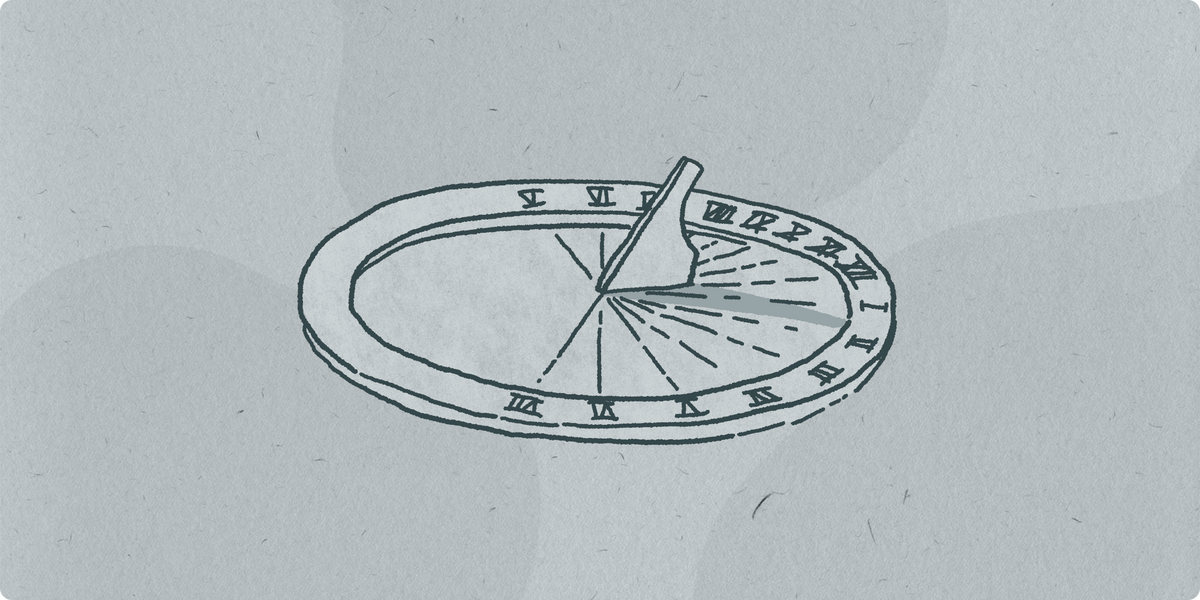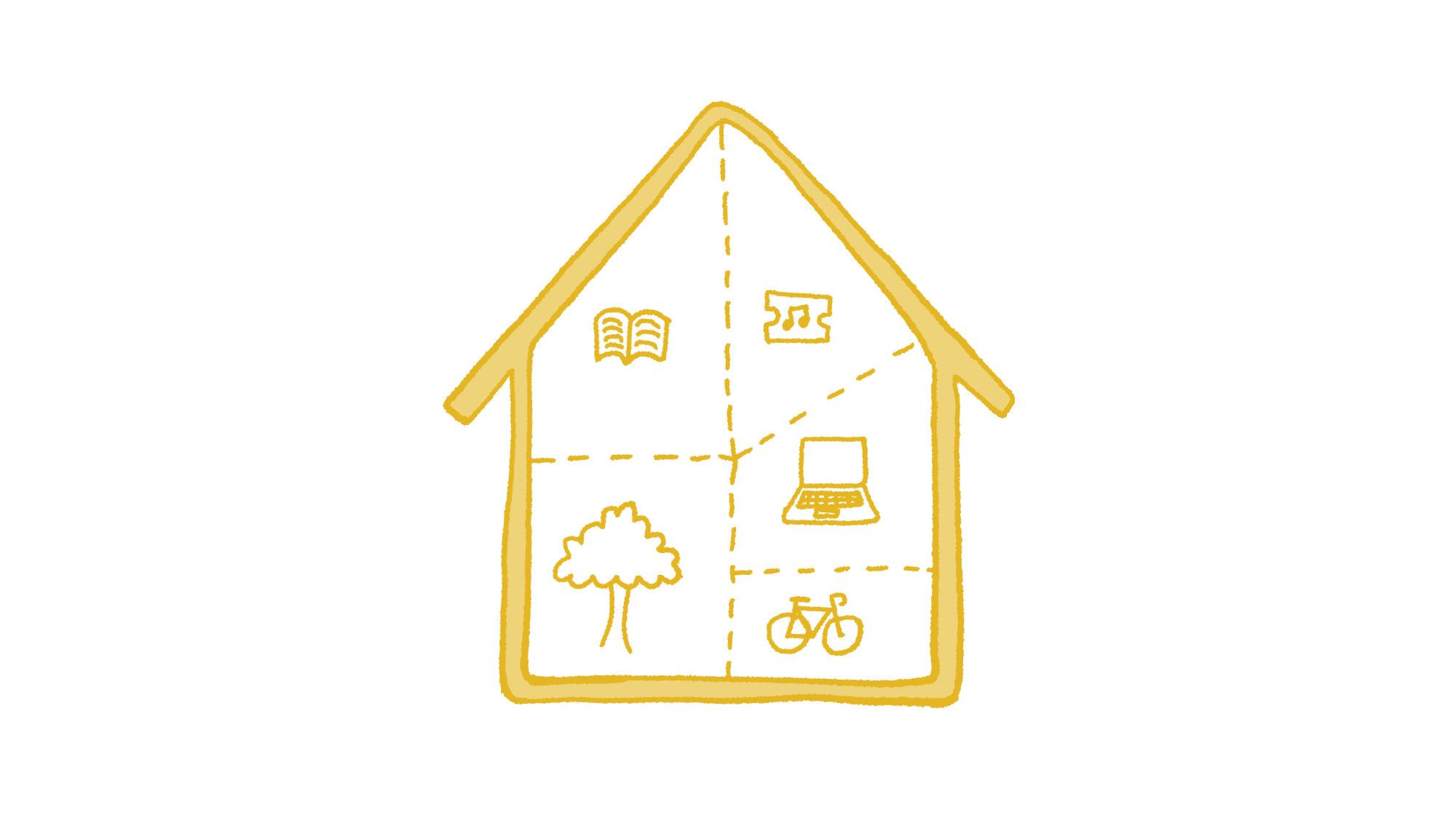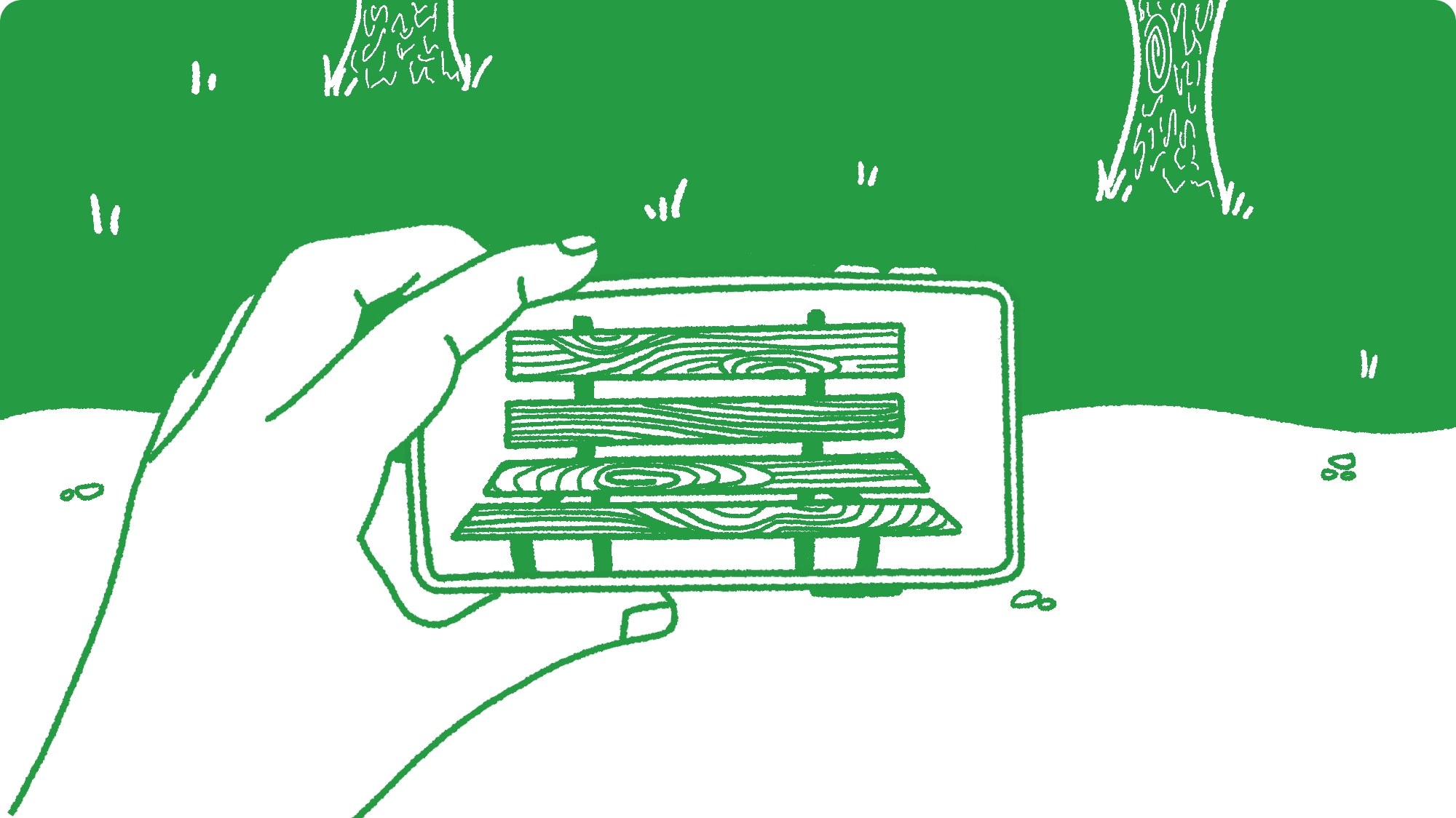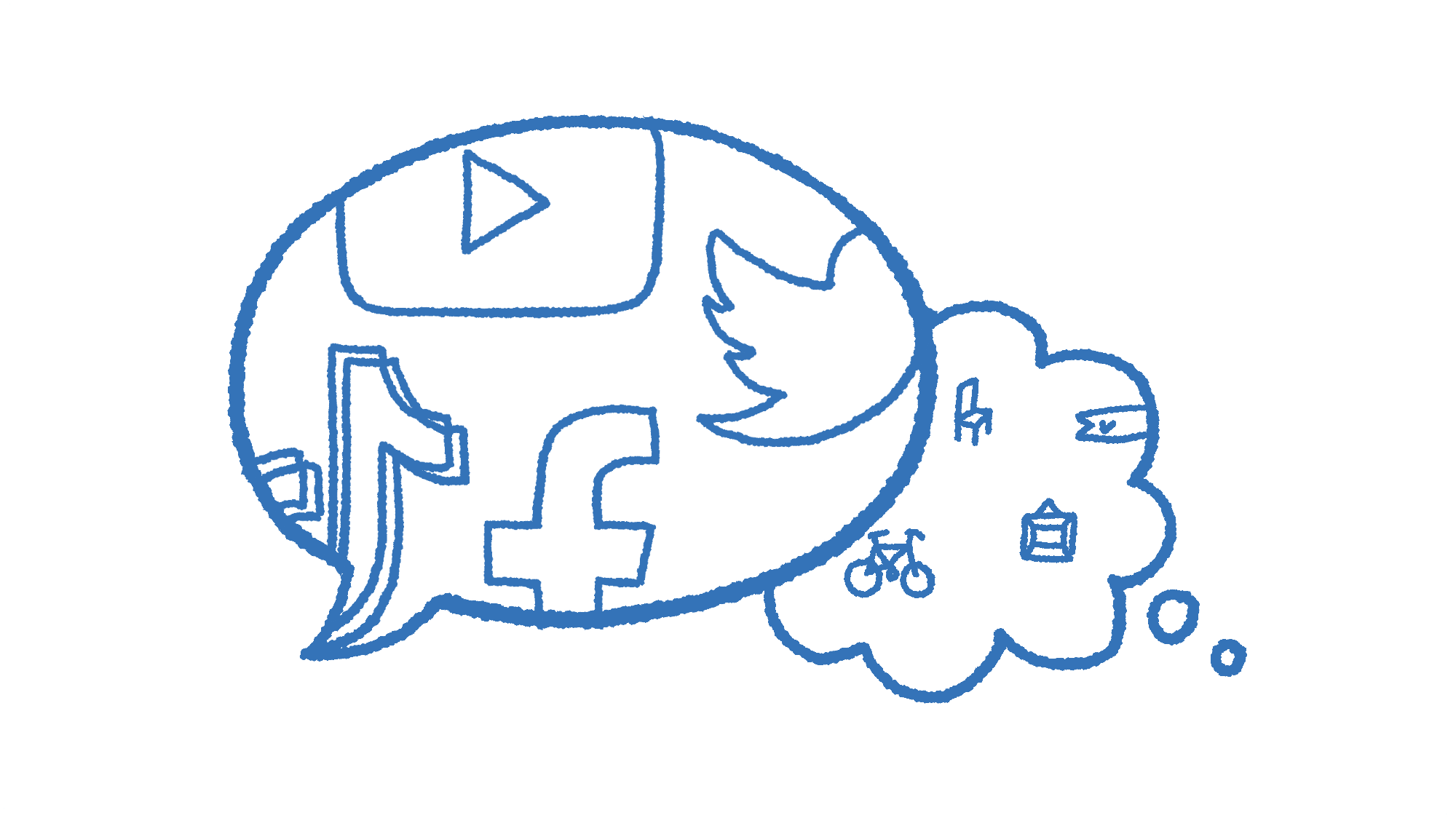Analogies of Time, Space and Thought
The Web Needs to Be Tended to With the Grace and Humility of an Ancient Library

Maps, clocks, language
To understand the space around us, the distances of geography and our physical place in the world, we created maps.
To get a clearer sense of time and scale of the days and months, we created clocks and calendars. And we all agreed they were the tools of choice to organize social life on a coordinated schedule.
To expand our knowledge capacity, our memory (individually and collectively), to leverage our uniquely human imagination, we created language and writing and reading and printing.
Grace and humility
Over time, language came to live increasingly online, and now the Web is humanity's main technology for knowledge; its creation, sharing and storage. This new majoritary medium has lasting effects on the form of language and the brains and minds that interpret it. It also creates an unprecedented problem of incalculable hoarding.
The Web is our portal to humanity's knowledge and needs to be stewarded and tended to with the grace and humility of an ancient library. We never would've allowed merchants of the time to sneak little promotional flyers between the papyrus rolls of the Library of Alexandria. Why, then, have we let the Web become a primarily commercial place? And how might we move away from that?
Analogies of analogies
The tools and technologies we've built over the course of our species' span were always meant to be extensions or at least analogies of our bodies, additions to our existing features and functionalities.
"Once you enter the digital realm, analogies with our body break down. Instead, digital tools are analogies of analogies."
— iA.net
How did we let advertising become such a prominent part of our knowledge technologies? What is commerce an analogy to? What is it an extension of? And why did it grow so much? Like a cancer, a virus.
With this increasing distance from our original recognizable functions, that's where we start to lose control. In that space, those degrees of separation, we lose context and stuff gets built over meaningless air. More tech gets added on top of already incomprehensible metaphors. No wonder it's hard to grasp by now.



